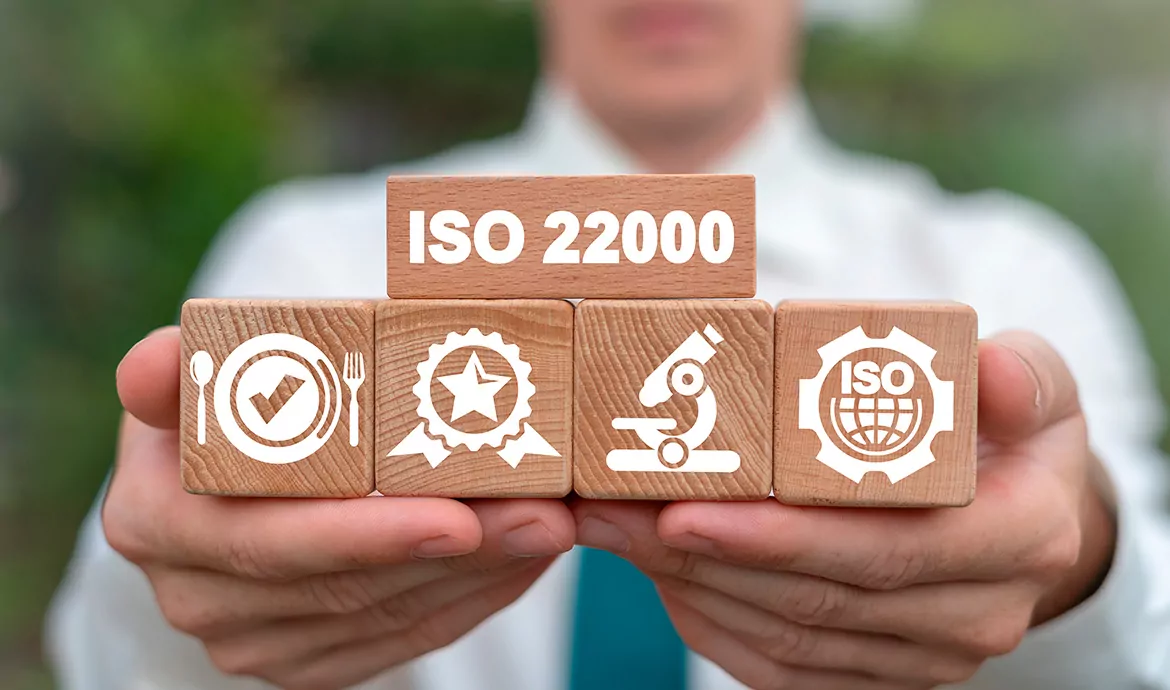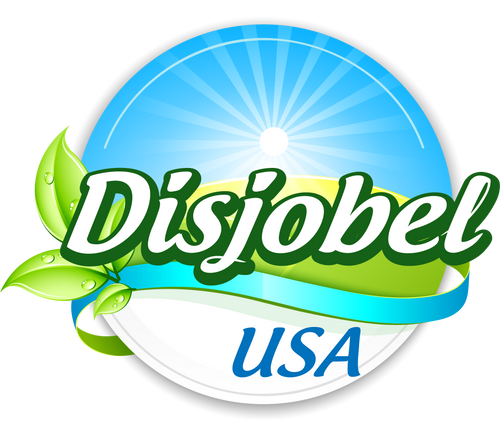When it comes to the food industry, safety comes up as one of the main factors to be aware of. Because consumers and health authorities demand high-quality products, the sector needs to conform to a system that protects the entire production chain. Therefore, there are several food certifications to guarantee food safety to consumers.
Third-party companies evaluate these certifications. They decide if a certain product complies with a specific industry standard as a result of tests, inspections, and audits. But what are the benefits of having food certifications?
Benefits of food certifications
There are advantages to these safety standards becoming compulsory in the food supply chain:
- Ensures companies consistently produce good quality food.
- Shows the company is prepared to meet the regulations and the legal responsibility.
- Provides insurance companies with the food certifications (See also: Fruit harvest) they may require.
- Lowers the risk of contamination and waste and avoids the incidence of food recalls.
How many food certifications does a business need?
Even though there are international regulations, the food industry around the world is not completely standardized. Governments, retailers, and manufacturers may require a specific certification as a part of their export procedures. Hence, companies need to comply with local regulations in addition to the ones the country of export is also requiring. However, there are a few food certifications that are globally recognized, which makes it easier for exporters.

See also: A comparison between artificial and natural preservatives in food
What are the most recognized food certifications?
Hazard Analysis Critical Control Points (HACCP)
According to the FDA (2018), this is a “management system in which food safety is addressed through the analysis and control of biological, chemical, and physical hazards from raw material production, procurement, and handling, to manufacturing, distribution, and consumption of the finished product”.
Its principles can be applied in segments such as growing, harvesting, manufacturing, distributing, and preparing food for consumption. Thus, many government agencies and trade associations internationally recognize it.
ISO 22000
This is the international standard for food safety for the entire supply chain, from primary production to consumer. For example, the process of fruit puree is monitored from the moment the fruits are seeded to its distribution to the market. The certificate helps the business to identify and control hazards that might risk the production of high-quality food. It can be used for organizations of any size and is also aligned with the HACCP principles and other ISO standards.
Kosher food certifications
The word kosher means “correct or appropriate to be consumed”. So, the products labeled with this certification are considered fit to be eaten by people who practice the Jewish religion. It covers the product’s ingredients, the production process, and even the machinery used in the preparation.
The Jewish religion classifies food into 3 categories (dairy, meat, and neutrals) and a set of rules must apply. Here are a few:
- Meat must come from animals that have a split hoof and are ruminants (animals that “chew the cud”).
- Marine animals should have scales and fins.
- Animals must be slaughtered according to Jewish regulations, always under the supervision of a rabbi.
In the United States, there are more than 100,000 kosher certified products, but practicing Jews consume only 20%. The popularity of this type of food comes from the perception of kosher being organic and good quality food, and only containing natural preservatives.
No GMO (Genetically Modified Foods)
If you find a product with this label, it means that a third party analyzed the ingredients and they are not genetically modified. This certification monitors the process from the seed through to the growth, harvest, collection, and storage.
The products that comply with these food certifications have labels on them. The labels tell you that the food you are buying comes from a company that is already certified by those international standards and their goods are safe to consume.
References
GLOBAL FOOD SAFETY RESOURCE. (N.D.). THE IMPORTANCE OF FOOD SAFETY CERTIFICATION.
ISO.ORG. (N.D.). ISO 22000 FOOD SAFETY MANAGEMENT..
RETRIEVED FROM HERE
U.S. FOOD AND DRUG ADMINISTRATIONS. (2018, JANUARY 29). HAZARD ANALYSIS CRITICAL CONTROL POINT (HACCP).
RETRIEVED FROM HERE





















